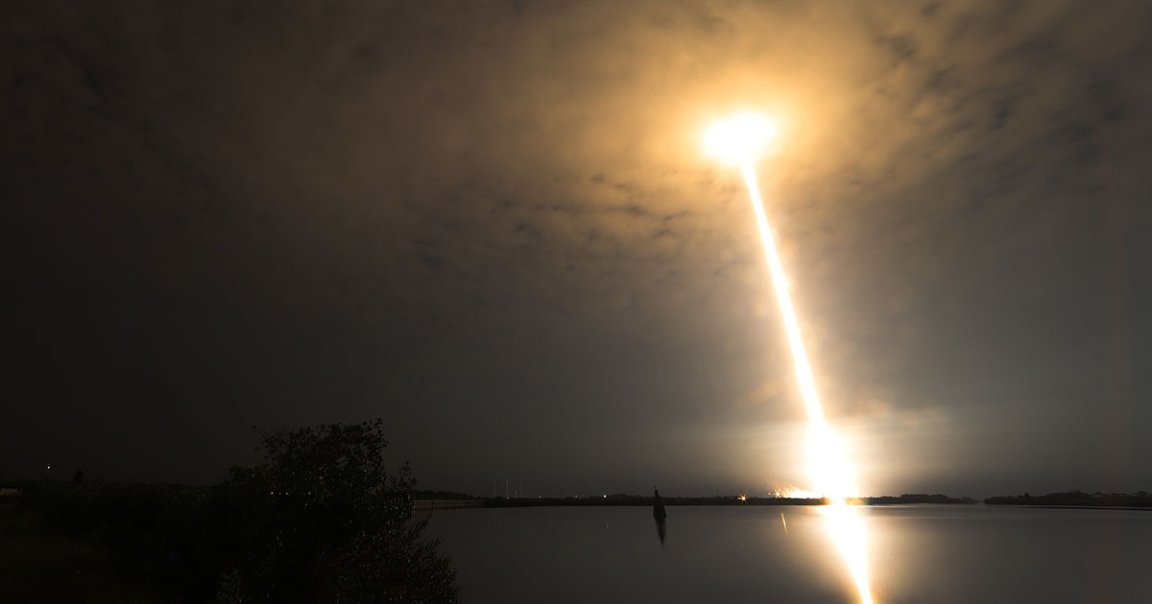
SpaceX Created
SpaceX rockets are tearing holes in the Earth’s atmosphere as they make their return to the surface, triggering what scientists are calling “SpaceX auroras,” a newly coined term that refers to red, spherical spots in the night sky that can easily be seen with the naked eye.
As Spaceweather.com reports, the name isn’t entirely accurate as they’re technically not auroras. They’re the result of SpaceX rockets burning their engines in the Earth’s ionosphere, a part of the upper atmosphere where solar radiation ionizes atoms and molecules to create a protective layer of electrons.
That means that as the rocketmaker ratchets up its launch schedule, that could be a problem, because the ionosphere serves an important technical function by ensuring the stability of shortwave radio communication and GPS signals.
However, the full effects of these “auroras” are still not entirely understood.
“The frequency of these red clouds could increase as SpaceX targets more launches in the future,” Stephen Hummel of the McDonald Observatory in Austin, Texas, told Spaceweather.com.
“Their impact on astronomical science is still being evaluated,” he added. “Starlink satellites are a known issue, but the effects of the rocket launches themselves are a growing area of attention.”
Hole Puncher
It’s a significant phenomenon that’s fairly unique to SpaceX’s rockets, which can burn their thrusters to land back on the ground.
“During the burn, the engine releases about 400lbs of exhaust gasses, mostly water and carbon dioxide,” Jeff Baumgardner, who custom-built an instrument at the McDonald Observatory told Spaceweather.com. “All this happens at [around 186 miles] altitude, near the peak of the ionosphere, so a significant hole is made.”
Other experts see these red holes in the sky as a rare opportunity.
“We are delighted with the rocket burns,” he added. “They give us an opportunity to explore how space traffic affects the ionosphere.”
More on SpaceX: Elon Musk Unveils Plans for Next Version of Starship